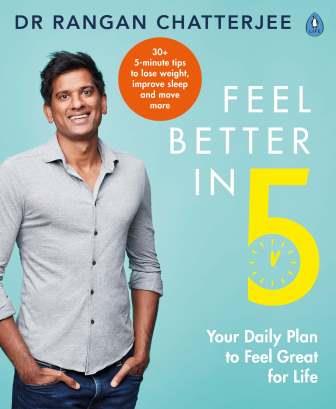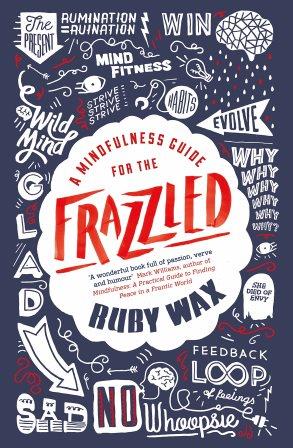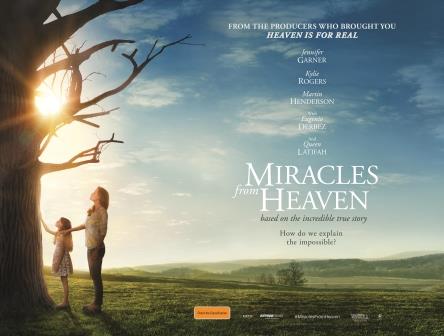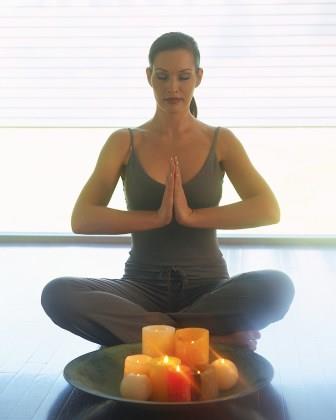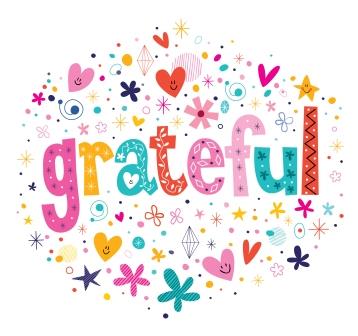 Many of us could probably write a list quite easily about the things that we consider to be wrong in our lives or things that we would like to change, the list would be different for all of us:
Many of us could probably write a list quite easily about the things that we consider to be wrong in our lives or things that we would like to change, the list would be different for all of us:
Feeling like your work/life balance has got out of kilter
Feeling as though there is never quite enough money coming in
Wondering if your relationship is going to go the distance
Feeling worn out and in need of a break
Struggling to manage all of your responsibilities
The list goes on…
But what if instead of making endless lists in your mind about what is wrong, you turn things around and write down on a weekly basis everything you are grateful for!
When you are stressed, tired, ill, short on time or are just going through a difficult patch it can be incredibly difficult to think you are grateful for anything. But even thinking of one thing can have enormous benefits to your health.
Dr Emmons has been studying the effects that gratitude can have on our health, wellbeing and our relationships with others for over a decade. People that keep a gratitude journal for even three weeks show positive benefits.
On the Physical Side:
Stronger immune systems
Better quality of sleep and a feeling of being refreshed on waking
Lower blood pressure
A desire to look after themselves and exercise more
On the Psychological Side:
People feel more optimism and just generally happier
They feel more joy and are able to take pleasure in more things
A general feeling of being more alert, alive and open to positive emotions
On the Social Side:
They forgive themselves and others more easily
They feel less alone and isolated
They are more helpful, generous and compassionate
To get started, you could try writing down five things you are grateful for three or four times a week. There is no need to feel pressure to write something big down, it could be as simple as ‘I am glad my neighbour has grown sunflowers this year as they make me smile every time I pass them.’
In time if you want to you can extend the practise to others, for example sending a note to a person to thank them personally will benefit both them and you? Rather than writing things down, with certain people for example your partner you may choose to tell them: try telling them three things before bedtime that you are thankful for, for example ‘I really appreciated you texting me after my meeting today to see how it went.’
Over time it is okay to alter the schedule of how often your write in your gratitude journal, but be specific, honing in on details stops you getting fatigued over the task and seeing it as a chore.
After a while you should be able to create gratitude in your head as well as on paper. When negative thoughts creep in to your day, you can counteract them with ‘What is good about my life today?’
